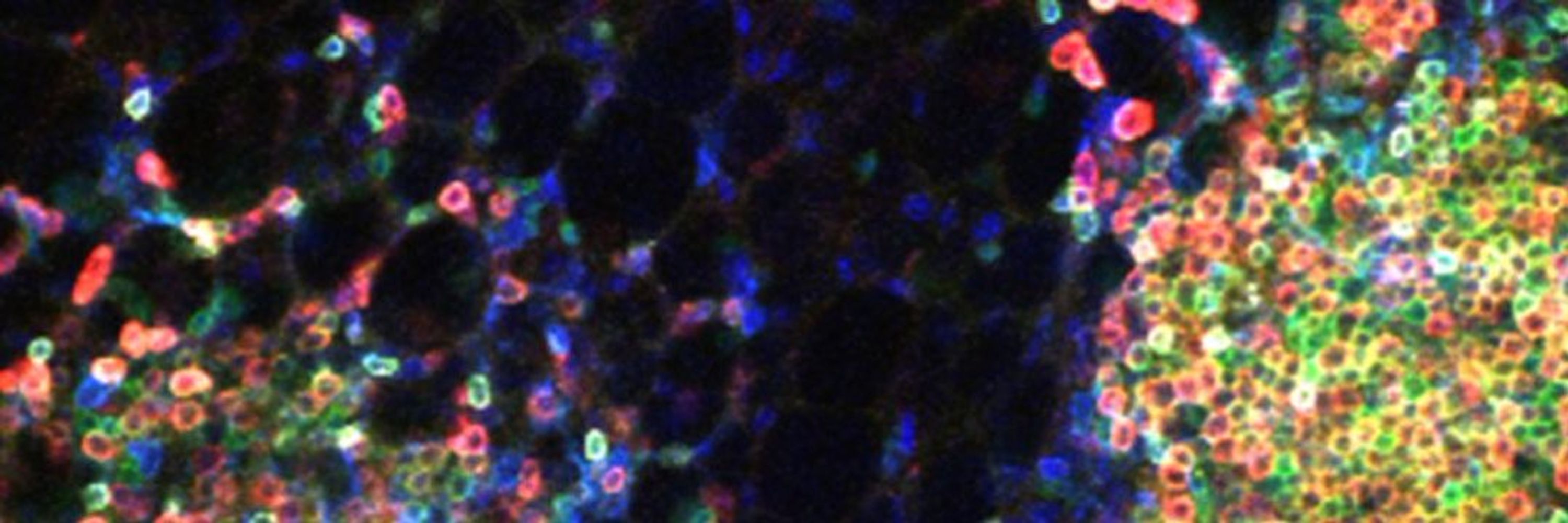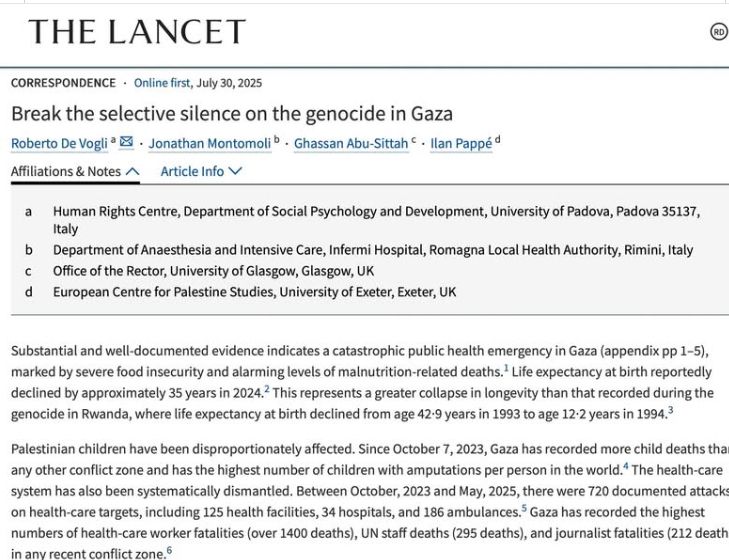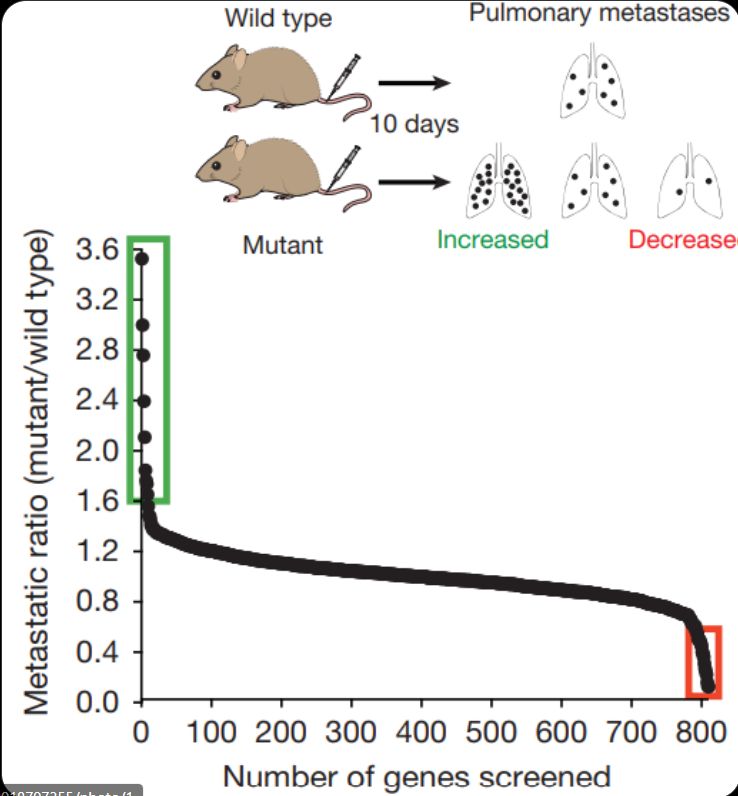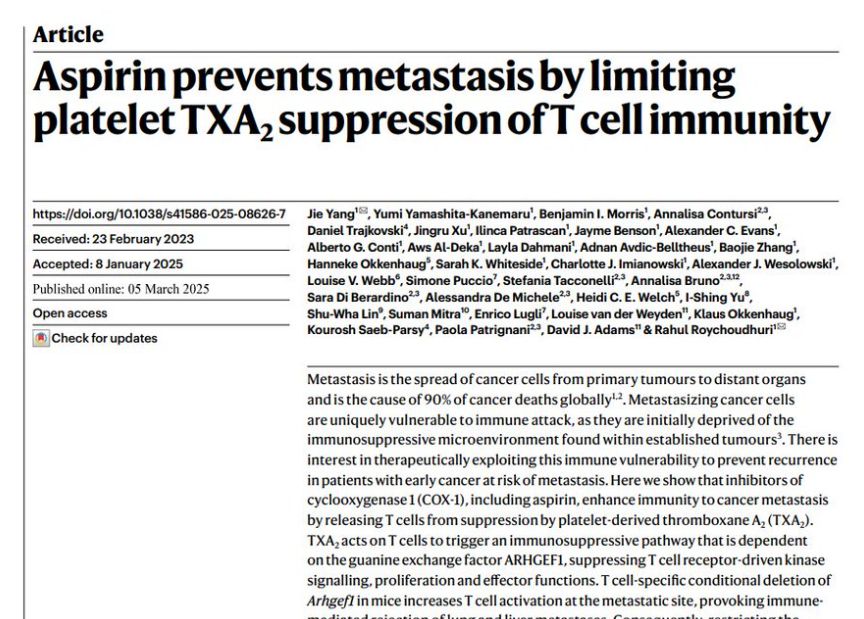
Roychoudhuri Lab
@roychoudhurilab.bsky.social
Professor of Cancer Immunology and Immunotherapy
University of Cambridge, UK
http://www.roychoudhurilab.org
University of Cambridge, UK
http://www.roychoudhurilab.org
We're hiring! We are looking for a Research Assistant with protein biochemistry skills to develop novel protein-based immunotherapeutics targeting Treg cells in cancer. You'll join
@roychoudhurilab.bsky.social @campathology.bsky.social @crukcamcentre.bsky.social Apply: jobs.cam.ac.uk/job/53219/
@roychoudhurilab.bsky.social @campathology.bsky.social @crukcamcentre.bsky.social Apply: jobs.cam.ac.uk/job/53219/

November 10, 2025 at 7:40 AM
We're hiring! We are looking for a Research Assistant with protein biochemistry skills to develop novel protein-based immunotherapeutics targeting Treg cells in cancer. You'll join
@roychoudhurilab.bsky.social @campathology.bsky.social @crukcamcentre.bsky.social Apply: jobs.cam.ac.uk/job/53219/
@roychoudhurilab.bsky.social @campathology.bsky.social @crukcamcentre.bsky.social Apply: jobs.cam.ac.uk/job/53219/
Wonderful to see the seminal discoveries of Shimon Sakaguchi, Mary E. Brunkow & Fred Ramsdell recognised with the Nobel Prize. From Sakaguchi’s discovery of Treg cells to the identification of Foxp3, their research opened a new chapter in immunology, viewed from the prism of dominant tolerance.

October 6, 2025 at 9:56 PM
Wonderful to see the seminal discoveries of Shimon Sakaguchi, Mary E. Brunkow & Fred Ramsdell recognised with the Nobel Prize. From Sakaguchi’s discovery of Treg cells to the identification of Foxp3, their research opened a new chapter in immunology, viewed from the prism of dominant tolerance.
Cool to see so many #heatpumps being installed this year. We’ve had our heatpump at home now for 3 years and it’s been saving us money while providing more comfortable heating and reducing our estimated CO2e by 75-80%.

August 14, 2025 at 9:22 AM
Cool to see so many #heatpumps being installed this year. We’ve had our heatpump at home now for 3 years and it’s been saving us money while providing more comfortable heating and reducing our estimated CO2e by 75-80%.

July 31, 2025 at 8:35 AM
The TXA₂-ARHGEF1 axis represents a promising target for preventing metastasis. We're now also collaborating with Profs Ruth Langley who leads the ADD-ASPIRIN trial - a large prospective randomised clinical trial to test the anti-metastatic activity of aspirin

March 5, 2025 at 6:56 PM
The TXA₂-ARHGEF1 axis represents a promising target for preventing metastasis. We're now also collaborating with Profs Ruth Langley who leads the ADD-ASPIRIN trial - a large prospective randomised clinical trial to test the anti-metastatic activity of aspirin
This mechanistic connection between aspirin, platelets, and T cell immunity adds to our understanding of how low-dose aspirin may reduce cancer metastasis - by releasing T cells from platelet-mediated suppression by TXA2.

March 5, 2025 at 6:56 PM
This mechanistic connection between aspirin, platelets, and T cell immunity adds to our understanding of how low-dose aspirin may reduce cancer metastasis - by releasing T cells from platelet-mediated suppression by TXA2.
Since aspirin inhibits platelet COX-1 and TXA₂ production, we tested if aspirin prevents metastasis through ARHGEF1. Indeed, aspirin reduced metastasis in wild-type but not T cell-specific ARHGEF1-deficient mice. Platelet-specific COX-1 deletion recapitulated aspirin's effects.

March 5, 2025 at 6:56 PM
Since aspirin inhibits platelet COX-1 and TXA₂ production, we tested if aspirin prevents metastasis through ARHGEF1. Indeed, aspirin reduced metastasis in wild-type but not T cell-specific ARHGEF1-deficient mice. Platelet-specific COX-1 deletion recapitulated aspirin's effects.
We screened ligands of upstream Gα12/13-coupled GPCRs in T cells, finding that the clotting factor TXA₂ suppressed T cell activation in an ARHGEF1-dependent manner. Mechanistically, TXA₂→TP receptor→ARHGEF1→RhoA→PTEN pathway inhibits TCR-driven AKT/MAPK signalling.

March 5, 2025 at 6:56 PM
We screened ligands of upstream Gα12/13-coupled GPCRs in T cells, finding that the clotting factor TXA₂ suppressed T cell activation in an ARHGEF1-dependent manner. Mechanistically, TXA₂→TP receptor→ARHGEF1→RhoA→PTEN pathway inhibits TCR-driven AKT/MAPK signalling.
We found that T cell-specific deletion of ARHGEF1 recapitulated this effect, reducing metastasis in orthotopic and germline cancer metastasis models and increasing polyfunctional cytokine production by T cells in metastasis-bearing tissues. So what was activating ARHGEF1?

March 5, 2025 at 6:56 PM
We found that T cell-specific deletion of ARHGEF1 recapitulated this effect, reducing metastasis in orthotopic and germline cancer metastasis models and increasing polyfunctional cytokine production by T cells in metastasis-bearing tissues. So what was activating ARHGEF1?
Our path to aspirin was serendipitous. A large in vivo screen by our collaborator David Adams @sangerinstitute.bsky.social identified ARHGEF1 among 15 genes whose germline deletion in mice reduced metastasis of injected B16 melanoma cells.

March 5, 2025 at 6:56 PM
Our path to aspirin was serendipitous. A large in vivo screen by our collaborator David Adams @sangerinstitute.bsky.social identified ARHGEF1 among 15 genes whose germline deletion in mice reduced metastasis of injected B16 melanoma cells.
A bit of background: Retrospective meta-analyses of large randomised controlled cardiovascular trials have suggested that daily aspirin use can substantially reduce the rate of metastasis in patients with certain cancers pubmed.ncbi.nlm.nih.gov/22440947/

March 5, 2025 at 6:56 PM
A bit of background: Retrospective meta-analyses of large randomised controlled cardiovascular trials have suggested that daily aspirin use can substantially reduce the rate of metastasis in patients with certain cancers pubmed.ncbi.nlm.nih.gov/22440947/
Thrilled to share new work led by @jieyang437.bsky.social in the lab published today in @Nature. We find that Aspirin prevents metastasis by releasing T cells from immune suppression by platelet TXA2. @Cambridge_Uni @CRUKCamCentre rdcu.be/eci1U

March 5, 2025 at 6:56 PM
Thrilled to share new work led by @jieyang437.bsky.social in the lab published today in @Nature. We find that Aspirin prevents metastasis by releasing T cells from immune suppression by platelet TXA2. @Cambridge_Uni @CRUKCamCentre rdcu.be/eci1U

